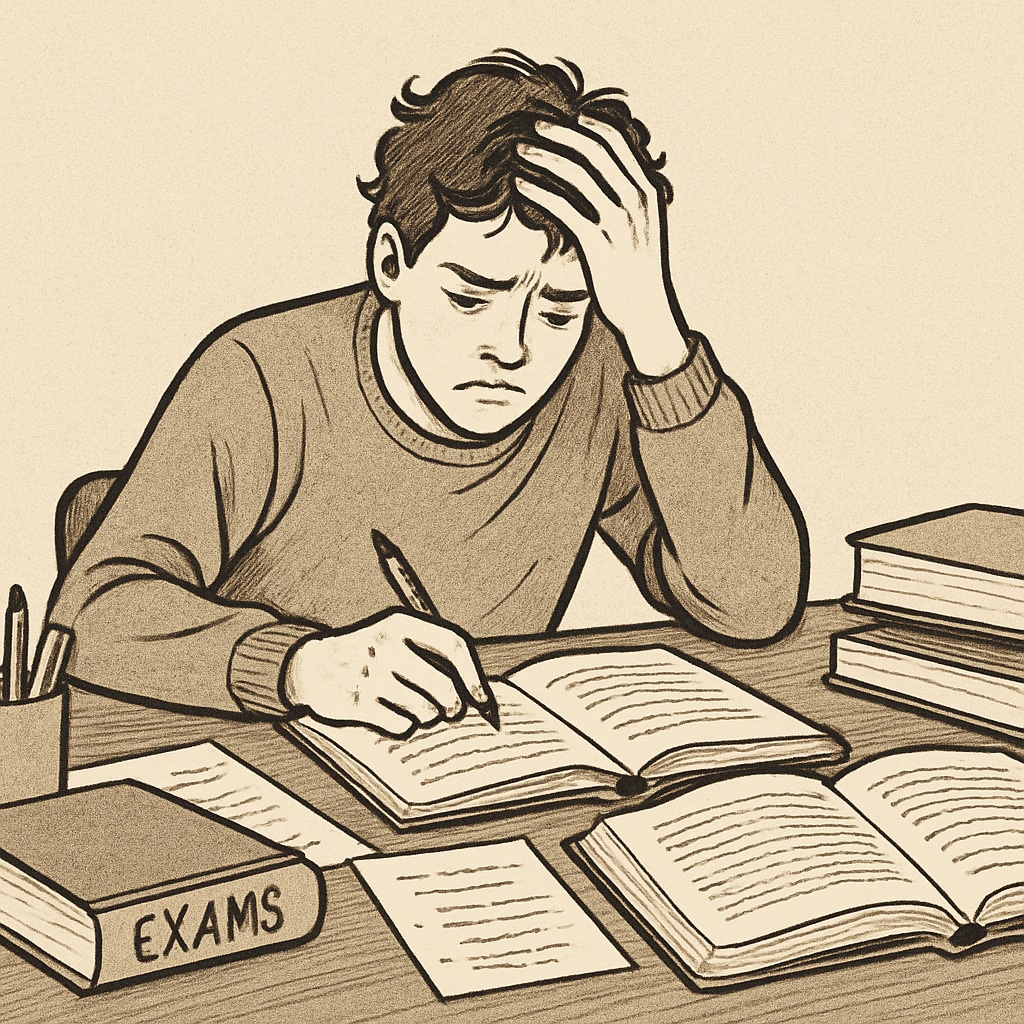GCSE results, academic anxiety, future prospects have become increasingly interconnected in the lives of UK students. Each year, thousands of teenagers face immense pressure as they prepare for their GCSE exams, worried about how their academic performance may dictate their future opportunities. But is this stress justified, and are we placing too much importance on a single metric of success? This article examines the root causes of academic anxiety, the societal expectations surrounding GCSE results, and the pressing need for a more balanced and inclusive evaluation system.
The impact of GCSE results on student mental health
GCSE exams are pivotal in shaping a student’s academic trajectory, but the emphasis on high grades often leads to overwhelming stress. According to studies by BBC Education, nearly 70% of students in the UK experience significant anxiety linked to exam pressure. Factors such as parental expectations, peer comparisons, and the fear of failure amplify this stress, often resulting in emotional burnout.
In addition, schools sometimes unintentionally exacerbate this anxiety by emphasizing league table rankings, which prioritize grades over individual growth. As a result, students may feel undervalued if their strengths lie outside traditional academic subjects. This narrow focus can negatively impact self-esteem, leading to long-term consequences on mental health.

Beyond grades: Rethinking future prospects
While GCSE results undeniably play a role in determining access to higher education and job opportunities, they should not be the sole measure of a student’s potential. A growing body of research highlights the importance of soft skills, creativity, and emotional intelligence in achieving long-term career success. For instance, the Britannica Education Guide points out that employers increasingly value qualities such as adaptability and collaboration, which are not captured by exam scores.
Moreover, alternative pathways, such as vocational training and apprenticeships, offer viable routes to fulfilling careers. These options emphasize practical skills and real-world experience, reducing the reliance on traditional academic credentials. By promoting these diverse pathways, society can help alleviate the pressure associated with GCSE results and encourage students to explore their unique strengths.

Creating a balanced evaluation system
To address the issues surrounding GCSE results and academic anxiety, educators and policymakers must work together to create a more holistic evaluation system. Such a system could include:
- Continuous assessment throughout the school year, reducing the weight placed on final exams.
- Recognition of extracurricular achievements, leadership roles, and community involvement.
- Incorporating mental health education into the curriculum to equip students with coping strategies.
- Encouraging schools to celebrate diverse talents and skills beyond traditional academics.
By implementing these changes, we can foster an environment where students feel valued for their individuality rather than their exam scores. This shift can also reduce academic anxiety and help students approach their future with confidence and optimism.
Readability guidance: The article balances short paragraphs, clear headings, and lists to ensure key points are accessible. Active voice is prioritized, and transitions such as “however” and “as a result” enhance the flow of ideas.


